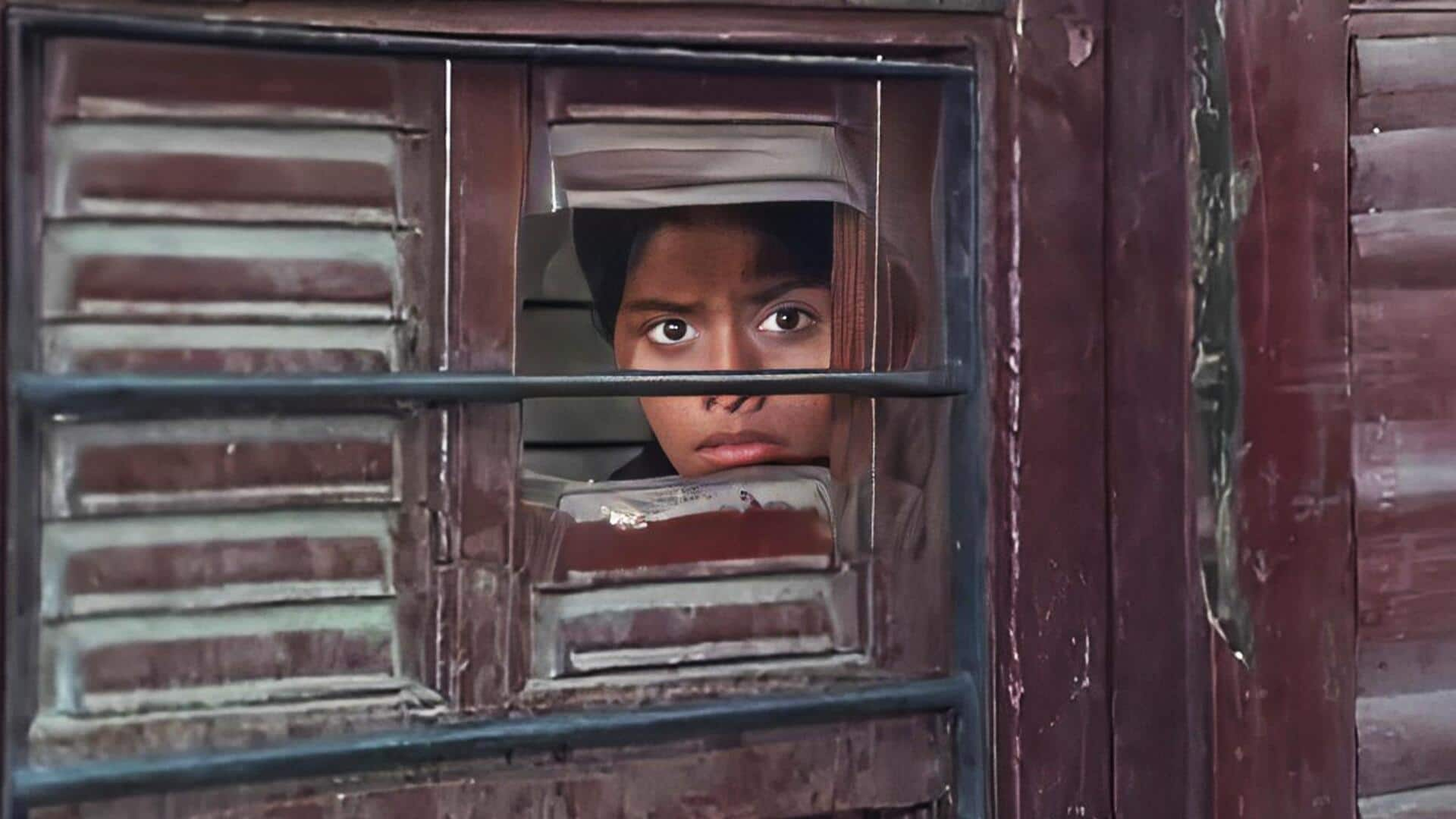
#NewsBytesRecommends: 'Woh Chokri'—ahead of its time, propelled by stunning performances
What's the story
Subankar Ghosh's 1994 art film and the recipient of three National Film Awards, Woh Chokri is a peep into the time that seems far away but perhaps isn't so, thanks to societal constructs. Poised and brutally honest, it scores high on the recommendation front due to its strikingly unforgettable performances and a storyline that punches you straight in the gut. It's available on MUBI.
#1
What is the story?
The film follows Apsara (Pallavi Joshi), who leads a utopian life with her politician father Lalit (Paresh Rawal) and homemaker mother Geeta (Neena Gupta). However, things are upended unimaginably when Lalit leaves for a meeting, only to exit out of their lives. Following this, the mother-daughter duo starts to look for him, and when they find him, he is not who he always seemed.
#2
Film seems ahead of its time due to multiple scenes
I was surprised that a 1994 film could talk about a live-in relationship, a subject still struggling to find its footing in India and taboo due to India's traditional fabric. Another astonishing part was how it touched upon another consensual relationship between a woman and a slightly older man who live together, uninhibited by societal constructs. Woh Chokri is ahead of its time.
#3
Gupta, Joshi lead narrative from beginning to end
It's always a refreshing change when women lead the narrative, contrary to cinematic (and worldly!) customs. While the plot is sewn in a way that it provides maximum screentime to Joshi, followed by Gupta, scathing irony burns you when you realize that these actors might be in charge, but in the film's events, their characters are pushed to the periphery because of their gender.
#4
Gupta, Rawal, Joshi received National Awards for their stunning work
Woh Chokri is propelled beautifully by the cast's performances. Gupta tugs at your heartstrings when she discovers Rawal's identity and is startled at his sheer apathy toward her. Joshi, with a torn saree and rugged face, molds her complex character with refined finesse. As for Rawal, it'll always be awe-inspiring how he was a terrific villain before becoming one of India's best comedy artists!
#5
Why film's title is important
Coming to the title's significance, Woh Chokri is representative of how society—mostly, but not always, men—points toward women who are not under the "protection" of a male guardian. For women to find worth and be viewed through an anti-discriminatory lens, they must "belong" to a man, or else they turn into predators' prey. This stands even more true in 1994 (release year) than today.
Verdict
We recommend checking it out soon!
Even if you don't identify as a connoisseur of art films, it's difficult not to warm up to Woh Chokri due to its unconventional ideas, easy-to-follow yet gripping storyline, and its backbone—the performances by Gupta, Joshi, Rawal, and Om Puri (relatively lesser screentime). Authentic, stirring, and moving but never melodramatic,Woh Chokri is a stunning representation of society and its conspicuous yet accepted inadequacies.